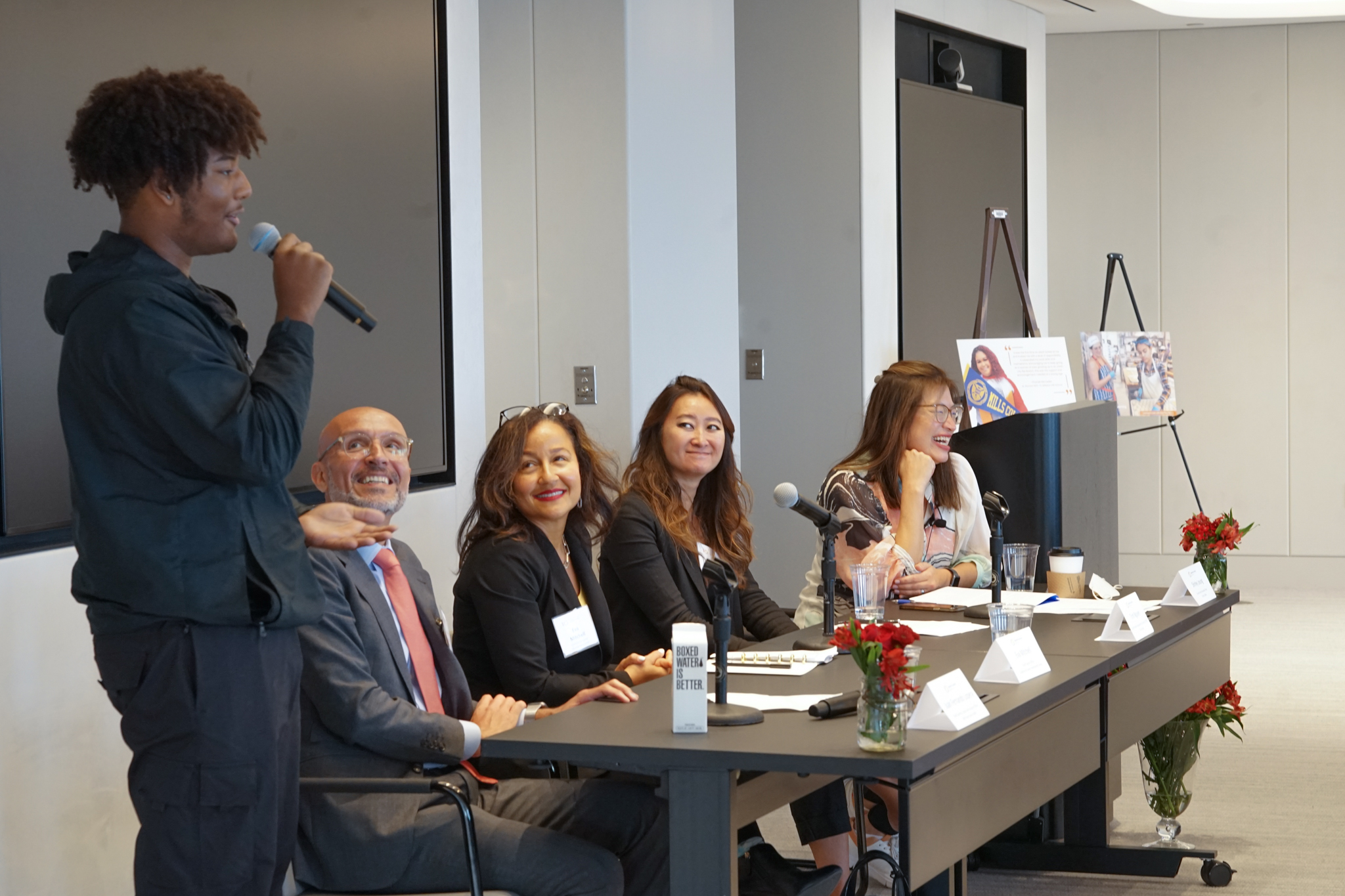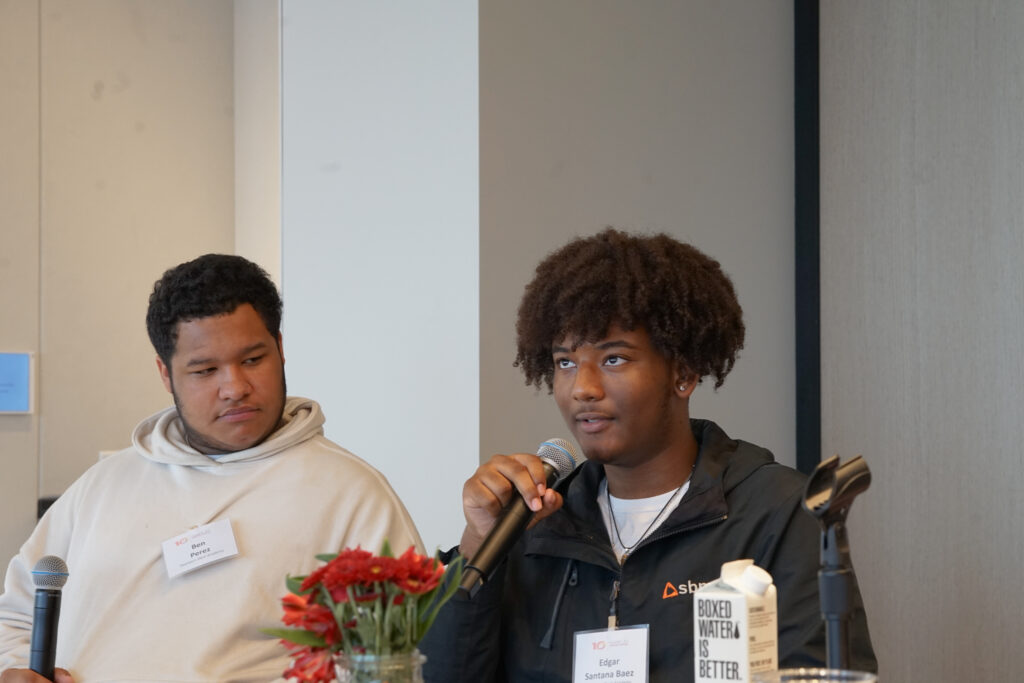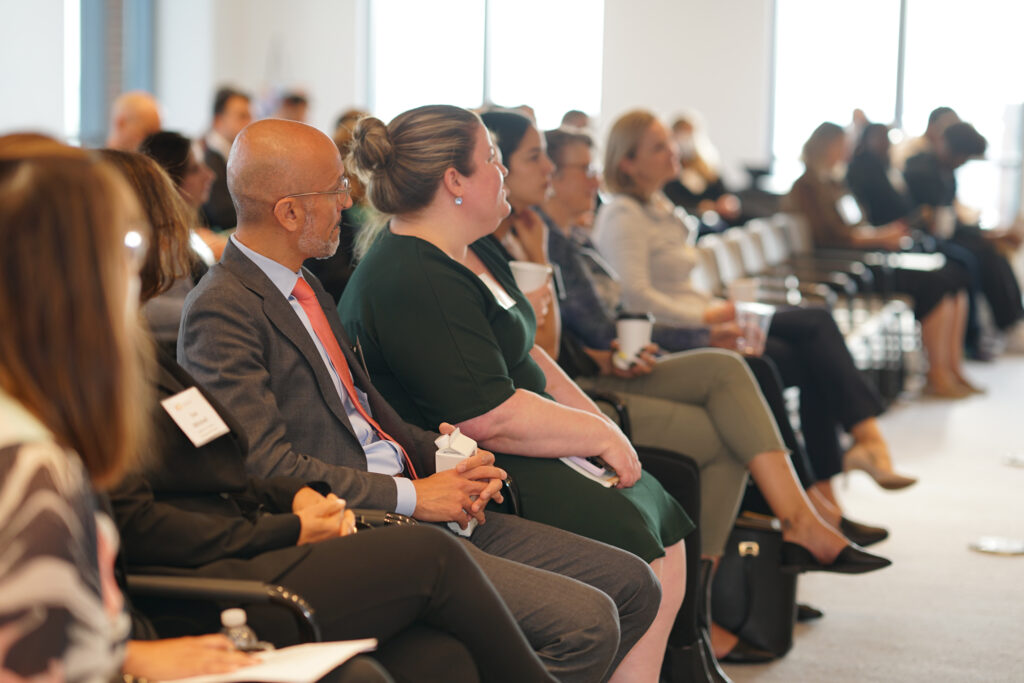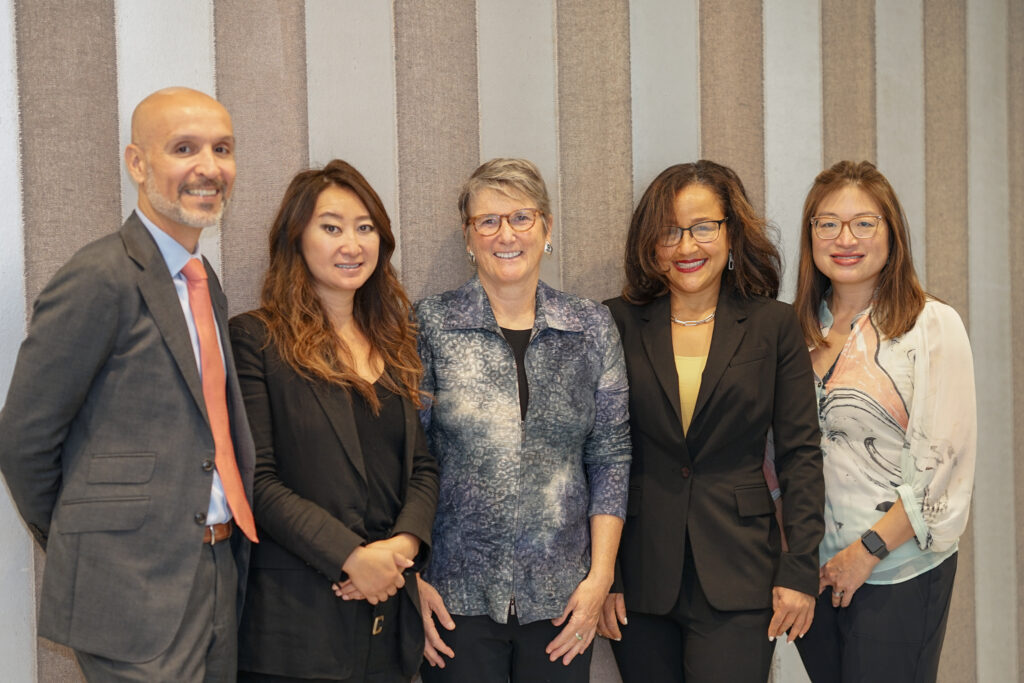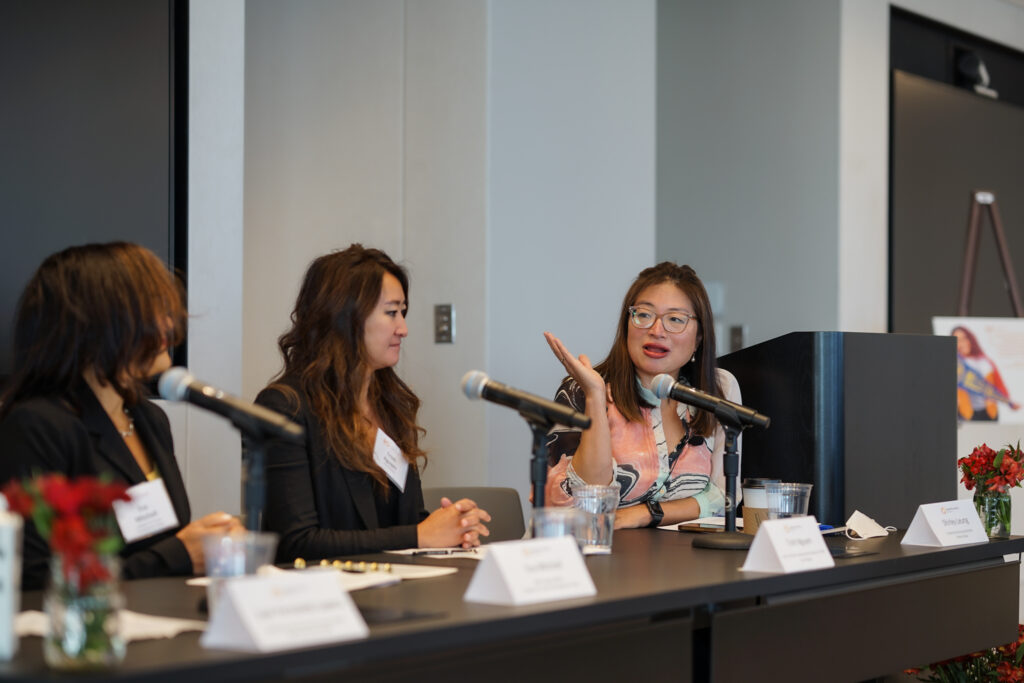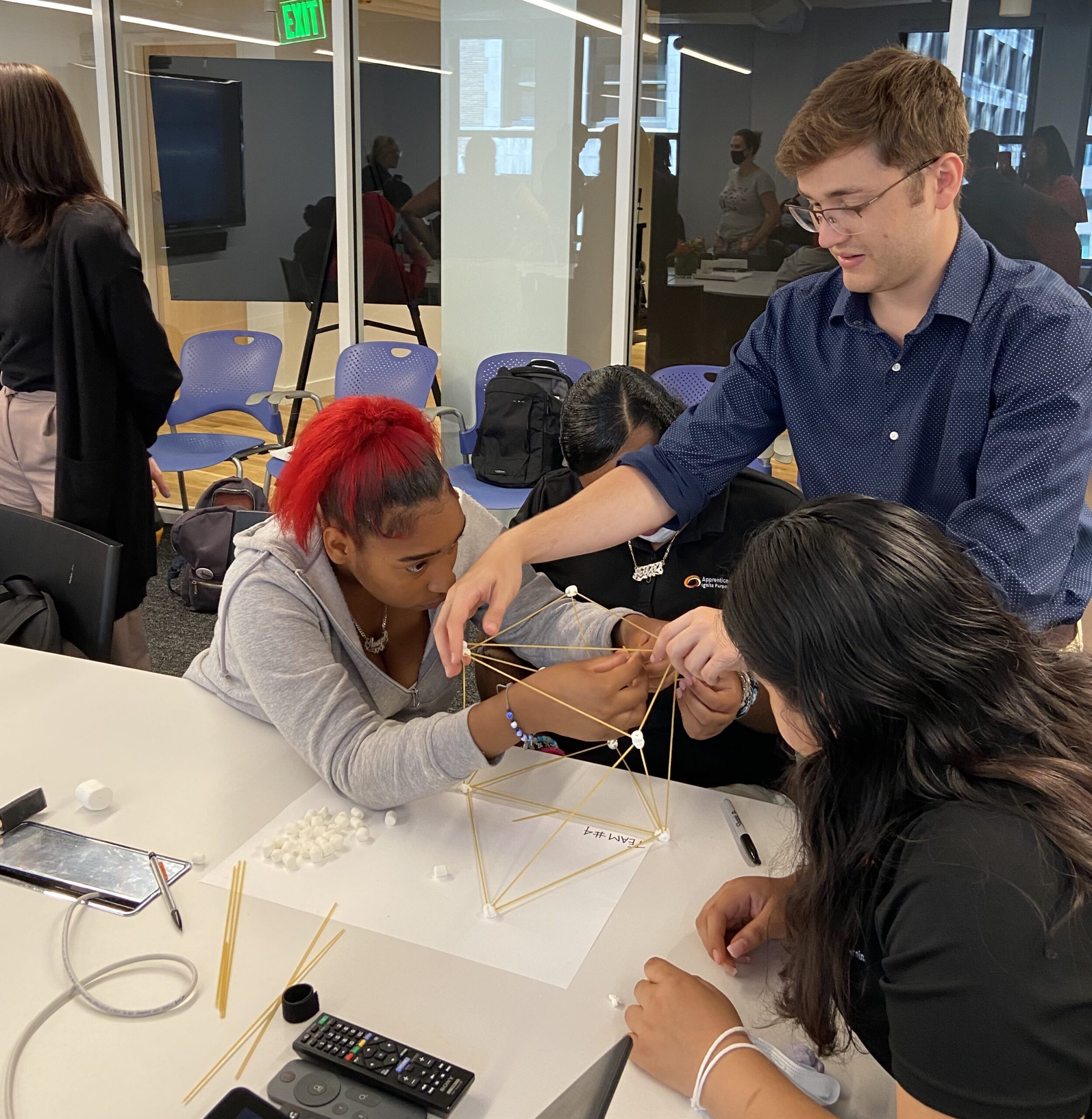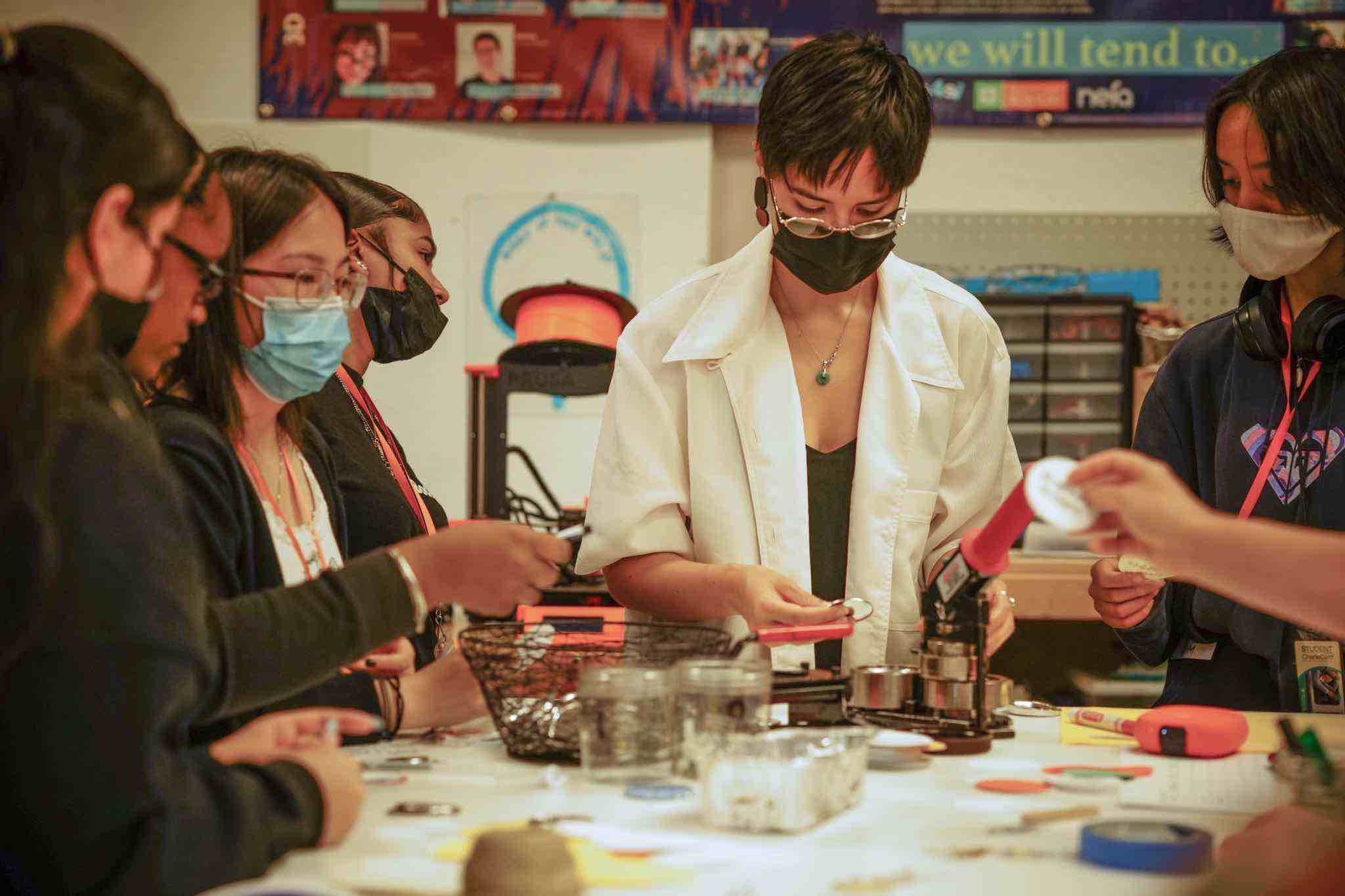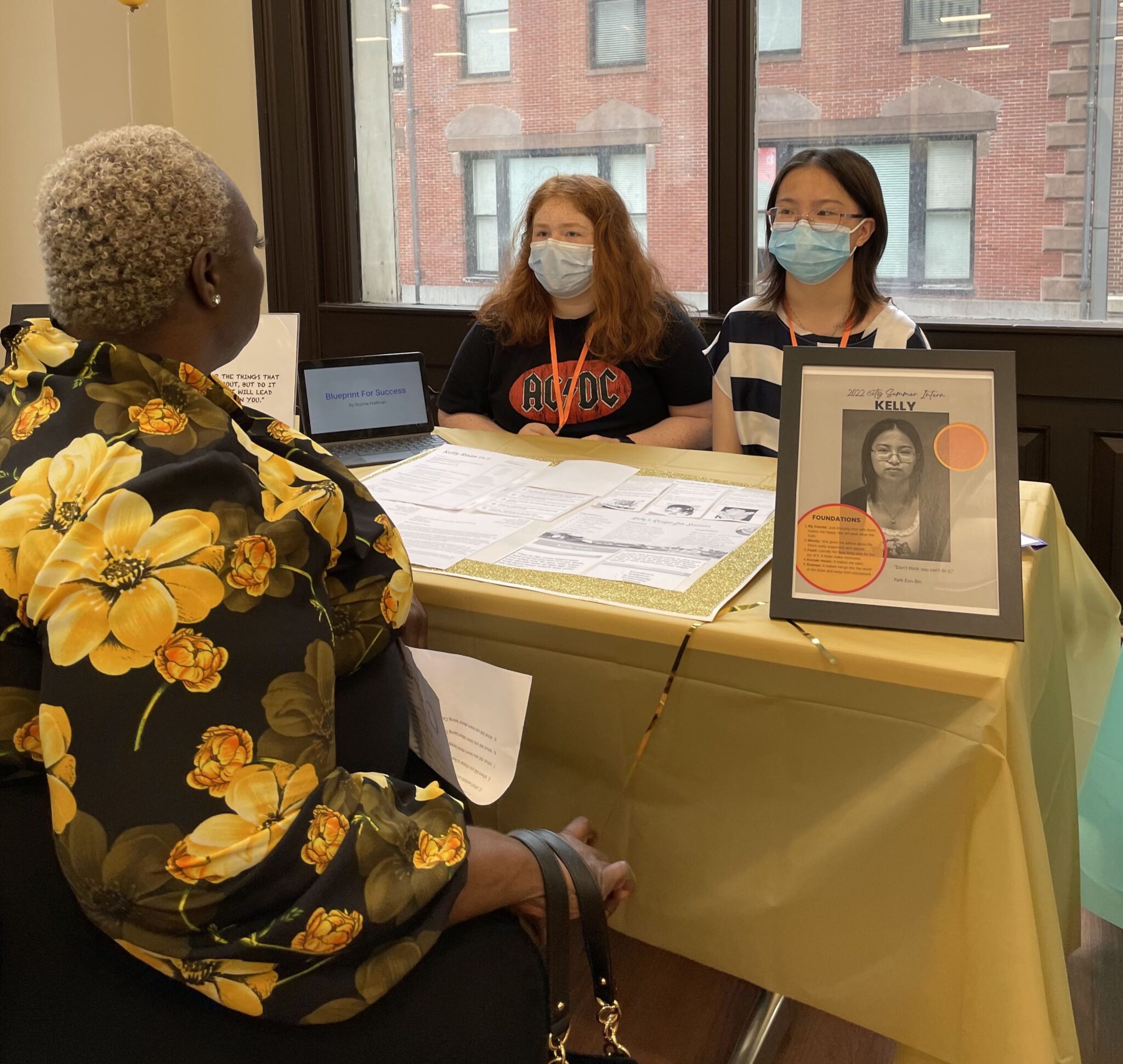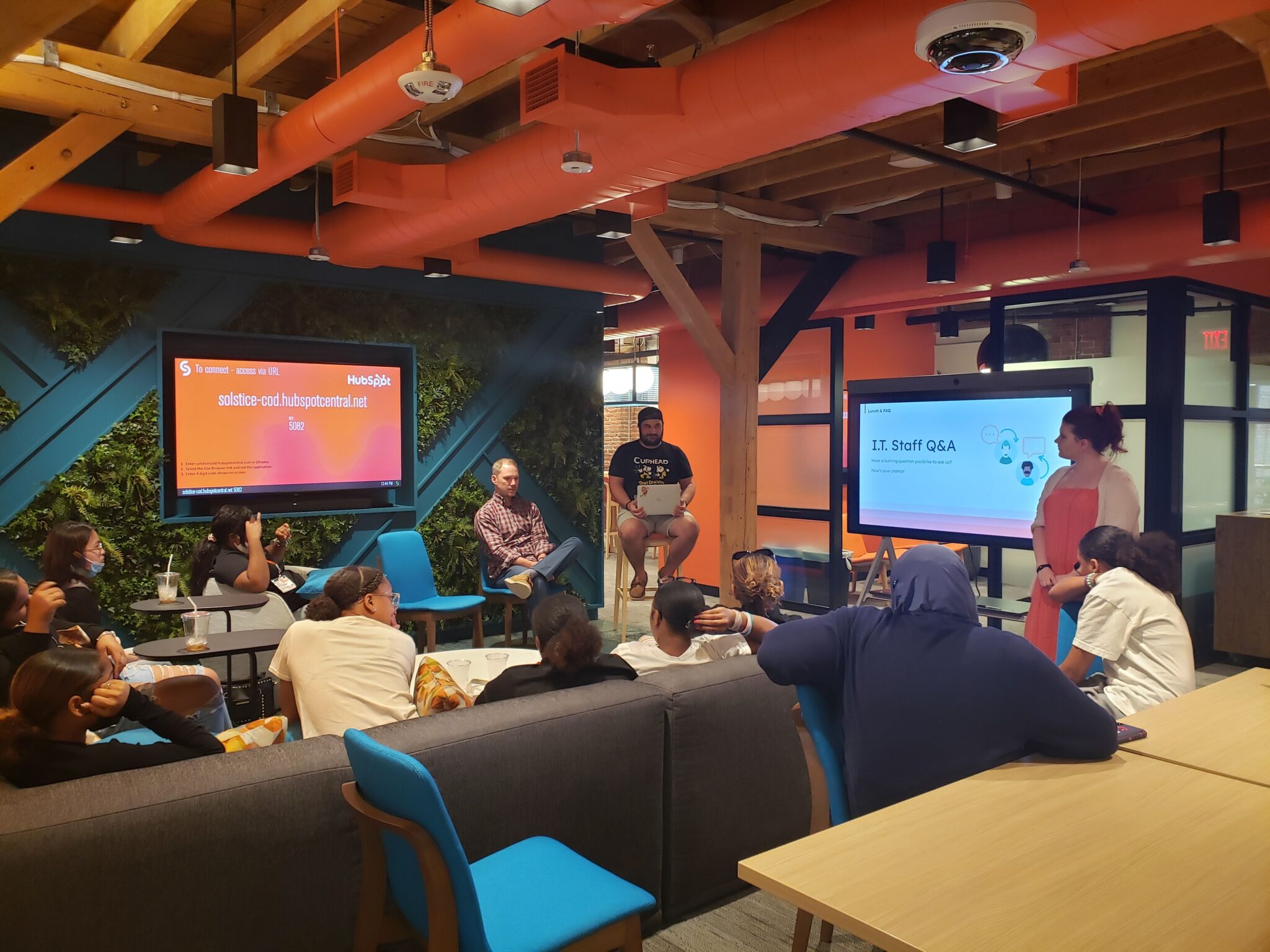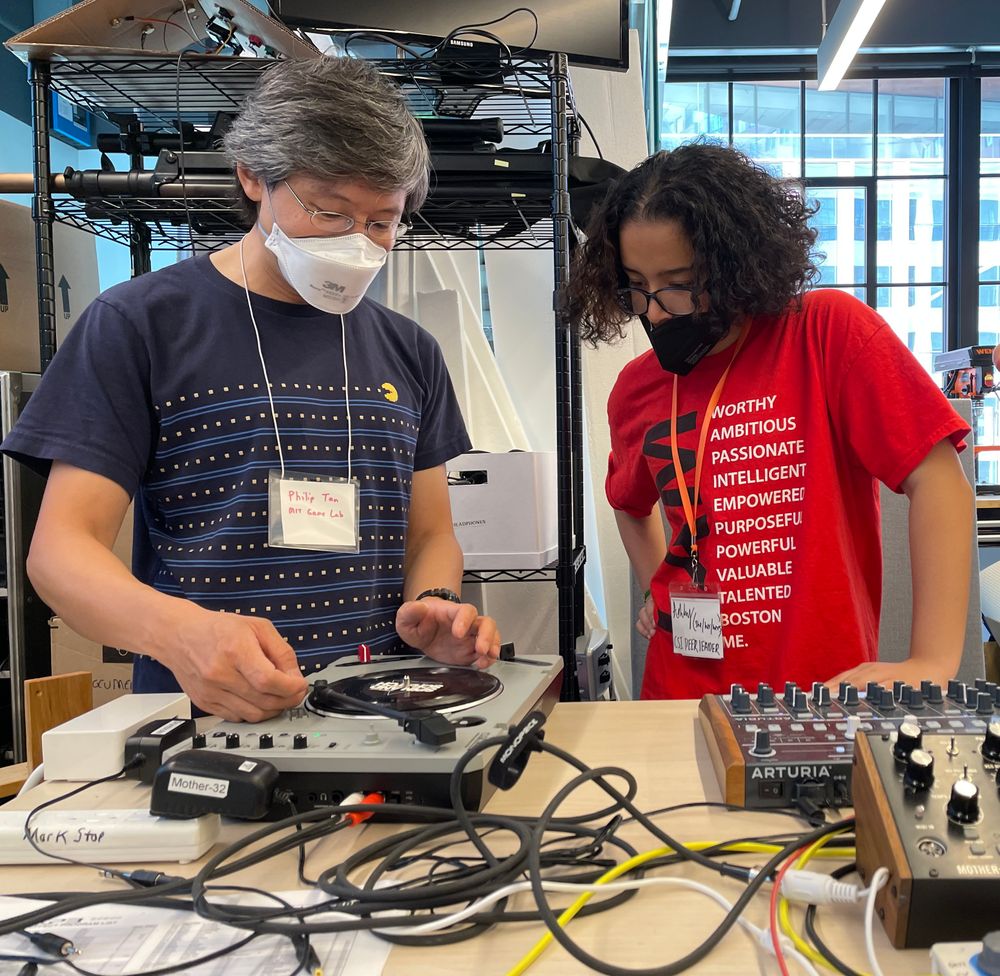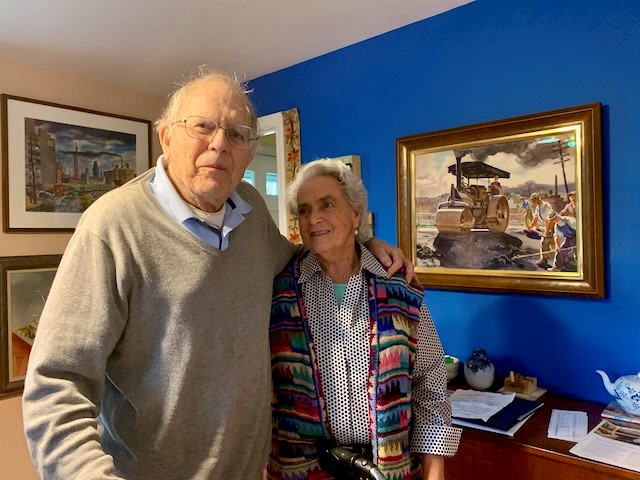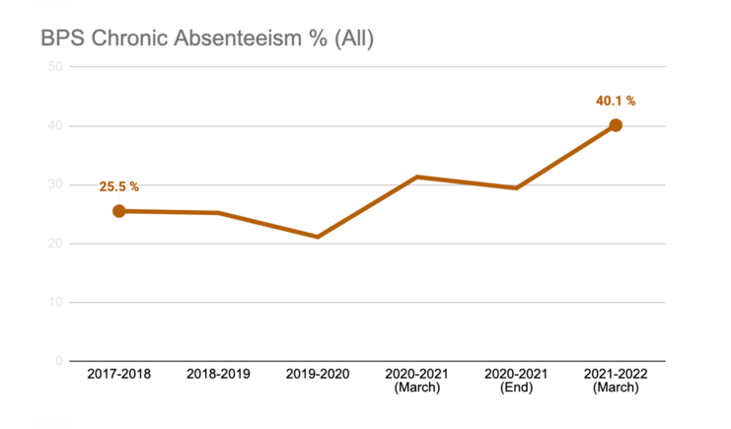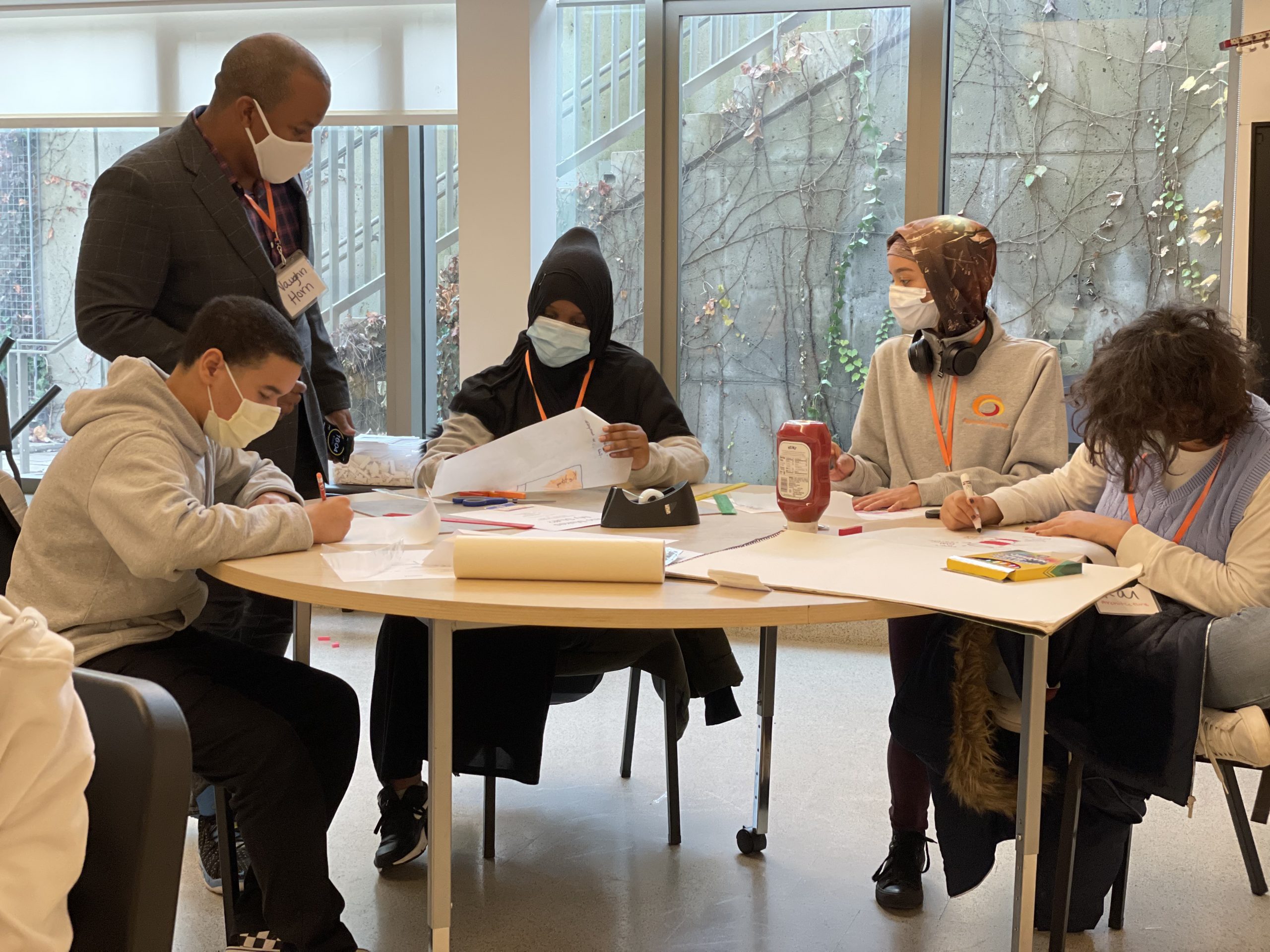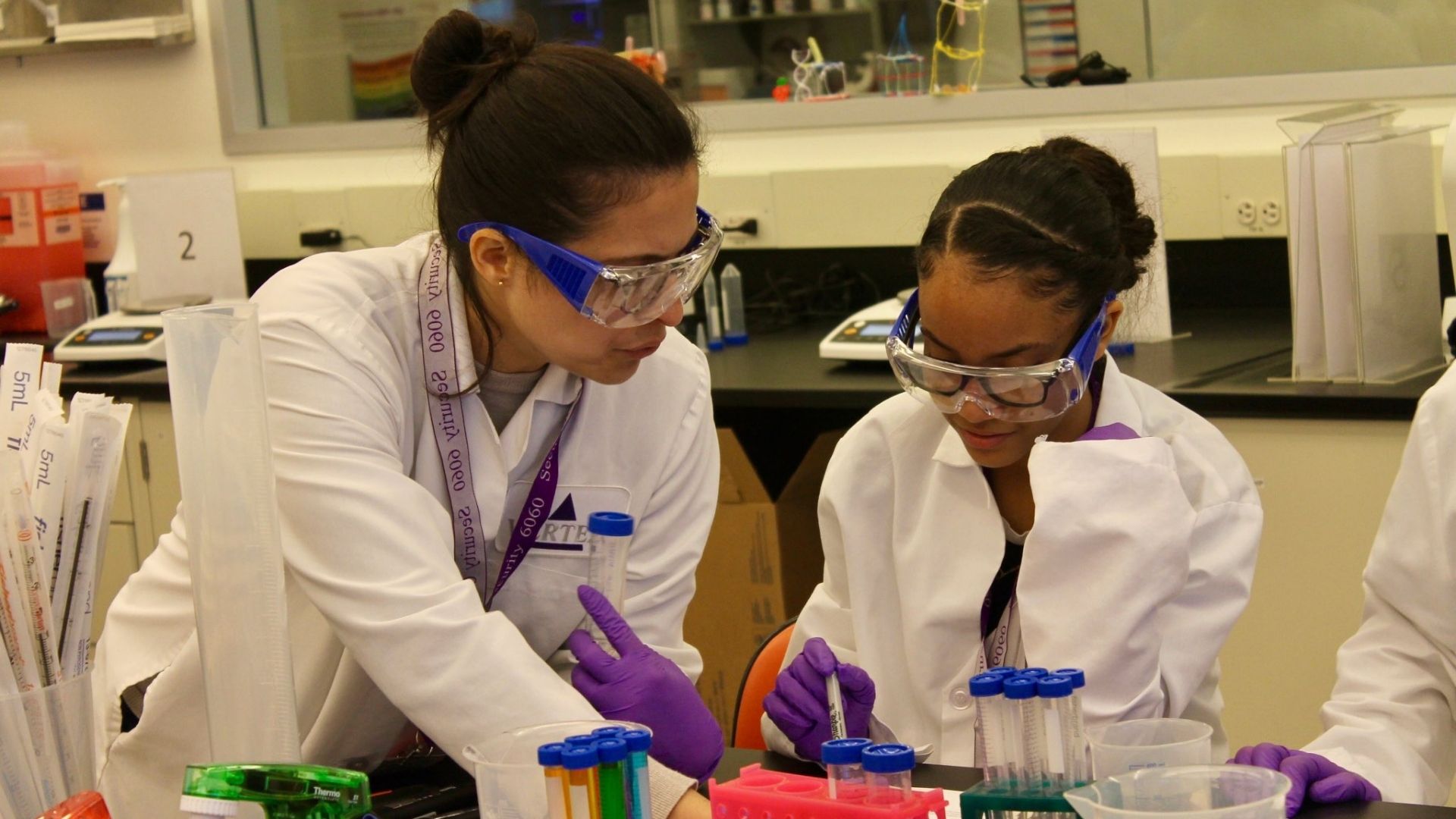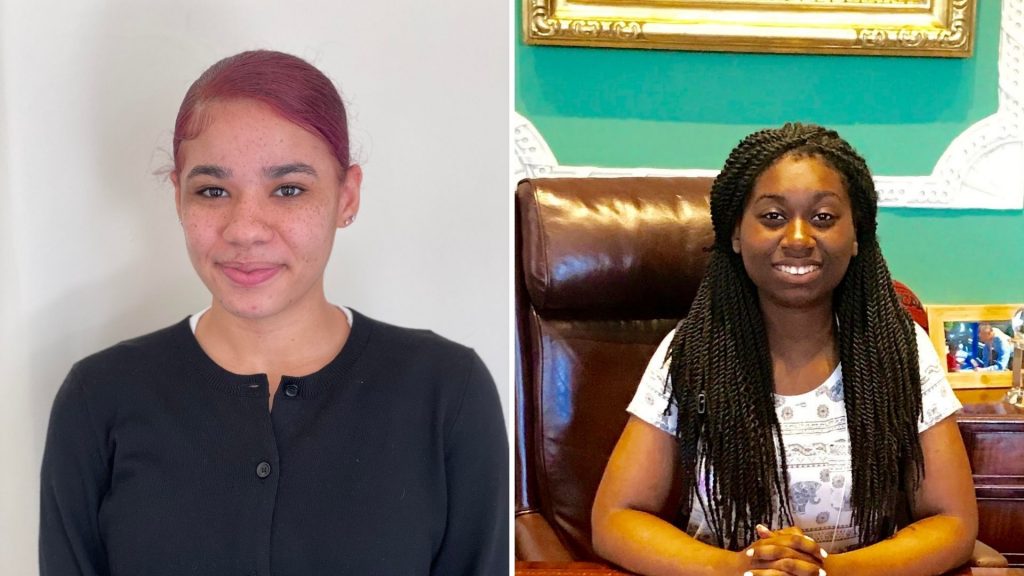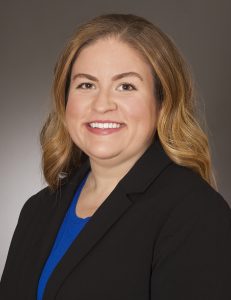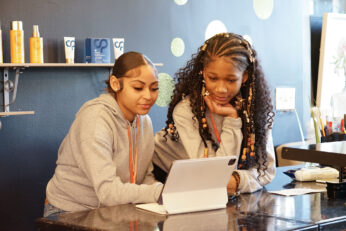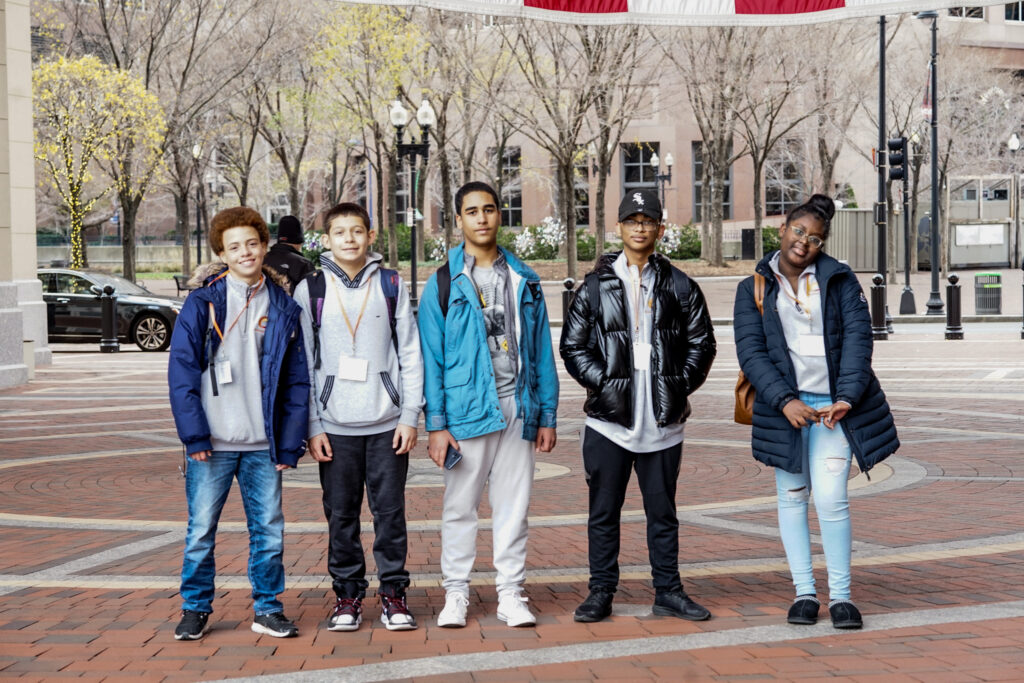
Apprentice Learning provides real-world work experiences for eighth graders, exposing them to a myriad of fulfilling careers. At such a critical period in a young person’s life, these are the opportunities that ignite growth and change and spark passions and interests. We work alongside business partners who support us in exposing young people to as many careers as possible in the hope of sparking an interest in careers that have the potential to shape their own future workforce.
Apprentice Learning sat down recently with Maguire Dalporto, Quantitative Trading Strategist at GMO, to talk about their experience as a worksite partner not only during our City Summer Internship, but also with our Workplace Apprenticeship program.
Tell me about GMO, and what GMO does.
GMO is a global investment manager committed to delivering superior performance and advice to our clients. We partner with a broad range of sophisticated institutions, financial intermediaries, and family offices, providing the investment expertise they need to meet their goals and fulfill their missions.
How long have you been a partner of Apprentice Learning?
Our relationship with Apprentice Learning first began in 2019 as part of our community outreach program. Since then, we have partnered with the organization in multiple capacities, including both the City Summer Internship Program and the Workplace Apprenticeship program.
What prompted GMO to work with Apprentice Learning in this way?
GMO places considerable value upon individual ideas and contributions. Our culture is open, inclusive, and encouraging of collaboration and debate. We believe that good ideas come from everyone within our firm, and that a diverse team and an inclusive environment create the best results. Different backgrounds, experiences, and ideas all come together to produce a firm-wide diversity of thought and better solutions for our clients.
GMO has a very engaged employee base that wants to make a positive impact on society. Our formal Diversity, Equity, and Inclusion Group advances our efforts in an employee-led manner across three areas of focus: Outreach, Inclusion, and Communications, and our work with Apprentice Learning falls within our broader outreach initiatives. We also recognize that the investment industry has historically not been particularly diverse. We are committed to doing our part to ensure our industry and communities experience diversity, equity, and inclusion.
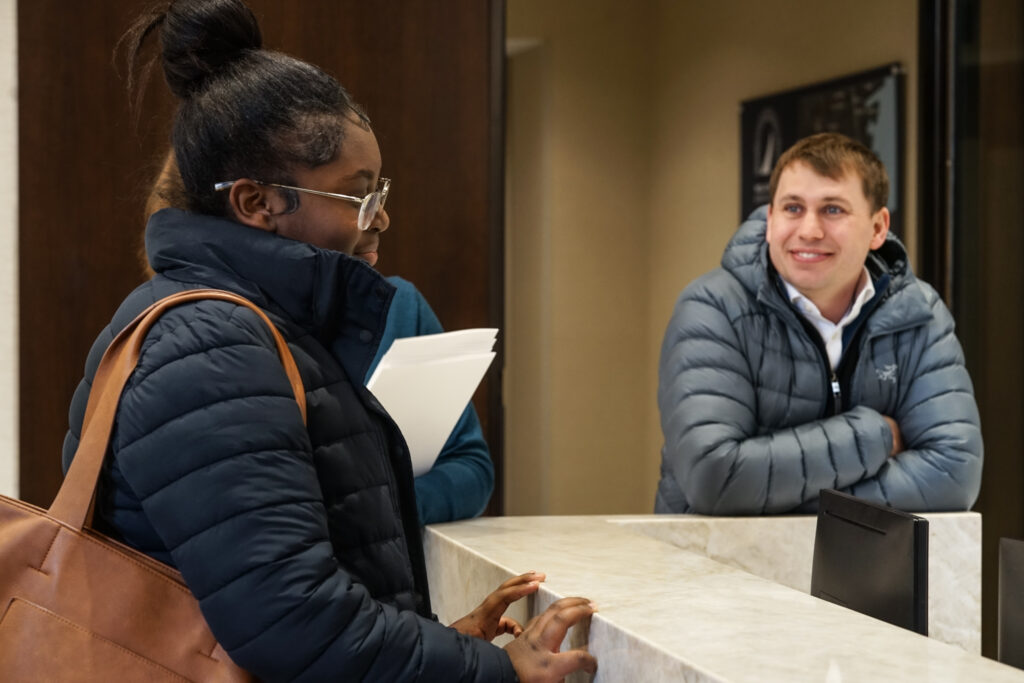
What has your experience with the program been like?
I am currently the point person for GMO’s partnership with Apprentice Learning. My involvement began with our first workshop over zoom during the Spring of 2021. For me it was the first tangible opportunity to re-engage with our DEI initiatives as we were experimenting with what return to work would look like as the pandemic progressed. I became very engaged and enthusiastic about Apprentice Learning while working with the students during that initial experience and then again during our involvement with the City Summer Internship program, and was encouraged by colleagues to take a leadership role in GMO’s partnership with Apprentice Learning. For a program like this to be successful, you need someone who can take the lead and make sure milestones are being met, and it is also necessary to have allies from within the firm that have a broad network that can ask people to contribute. Fortunately, at GMO we have been oversubscribed with volunteers who can pitch in at multiple levels. This has been a very rewarding personal and professional growth opportunity for me.
What do you appreciate about getting to work with Apprentice Learning and its apprentices?
Ultimately, I hope I’m taking this opportunity to give back to the community. I want to provide access to an initial formative experience in investing just as so many others have provided to me. I grew up in West Virginia, a place I love, but also there isn’t much in the way of trading or asset management there either. It was very difficult for me to break into this industry. I think it took a lot of effort for most of us who work in it to get that first foot in the door. Many of us accept that this is a difficult industry and we made it here through hard work and effort. While that is probably a correct assumption, it is also true that as difficult as it was for me to break into this industry, I can imagine there are many individuals for whom it would be a much greater challenge. Working with Apprentice Learning students gives me the opportunity to encourage these children to consider a career in the investment industry, and introduce them to roles they might not otherwise have had exposure to. Exercises like practicing interview questions and guiding the students on how to answer in a way that conveys intelligence and confidence without being arrogant or scripted, are very rewarding as a mentor. I can’t change the entire system, but what I can do is provide some exposure to an interesting career path to young people who wouldn’t normally get it. I believe Apprentice Learning is making much larger strides towards that goal.
What are the benefits to GMO to work with Apprentice Learning?
There are studies that show having a real multifaceted DEI program helps improve both job satisfaction and employee retention. We certainly believe in that at GMO and have an engaged employee-led DEI program. For me, the most obvious tangible benefit I get within the organization is exposure to other areas of our firm. Suddenly that email request I get once a quarter now has a face behind the name, and along with that a sudden willingness to talk about how we might improve a process. This program has given me the platform to connect in a meaningful way with over 30 people whom I did not know previously. With stronger relationships, people are less afraid to ask the hard questions and are more likely to engage in open dialogue. At the end of the day, partnering with an organization like Apprentice Learning enhances the sense of community both within our place of work and strengthens the bonds in the neighborhoods where we live.
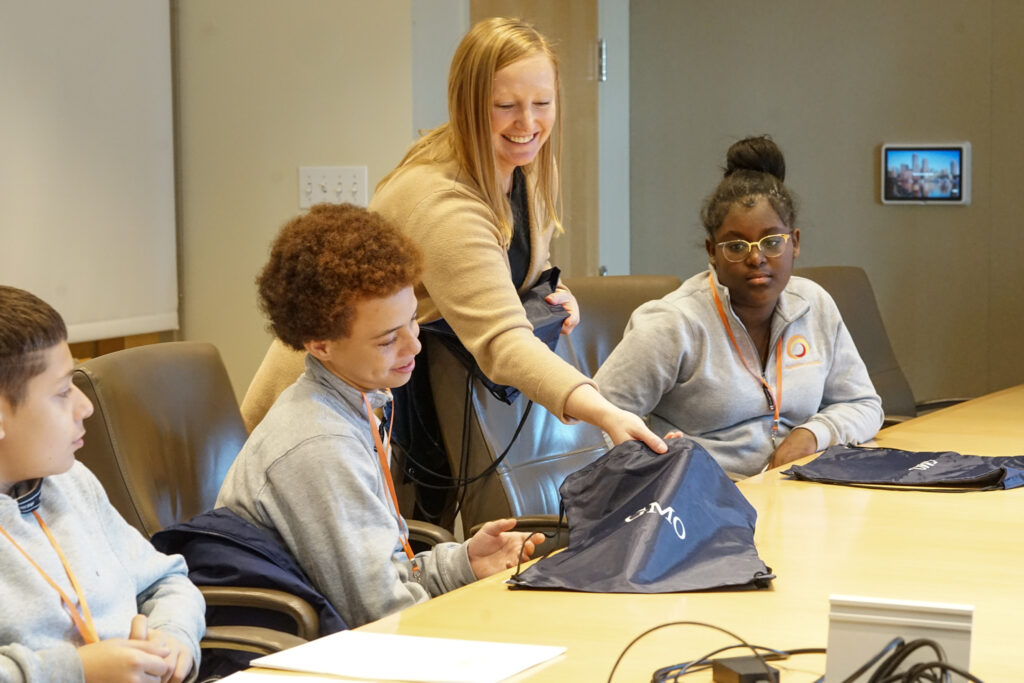
What surprised you about working with 8th graders?
With the apprentices being of middle-school age, I was surprised by how much I had underestimated their capacity to grasp sophisticated concepts. The first day of our program, one of the students engaged one of our Fixed Income Portfolio Managers in a discussion of the fundamentals of the yield curve. While I was expecting giggles (and even boredom!) during our sessions with the students (they are still kids, after all!) I certainly wasn’t expecting a 14/15-year-old student with no background in finance to be able to explain that there was more risk involved in a long dated bond than a near-term bond! It was very impressive.
Do you have any advice to other companies who might be thinking about being worksite partners?
Participating in AL can be as easy or as challenging as you want to make it. The students come in fresh and happy as well as nervous and excited to be at your worksite. It’s easy to start off on a good note, after all they aren’t in school when normally they would be! This is also likely a new and different world for them; a building tour can be exciting. Try interacting with them in different ways. Ask them questions and wait for their responses. Once you set up the expectation that they are here to participate, and you are interested in what they have to say, everyone’s guard starts to drop and it becomes fun. If you are interested in getting involved at your worksite please reach out, we would love to share our lessons learned and help increase the opportunities for these young apprentices.
Interested in becoming a worksite partner? Click here to learn more.

